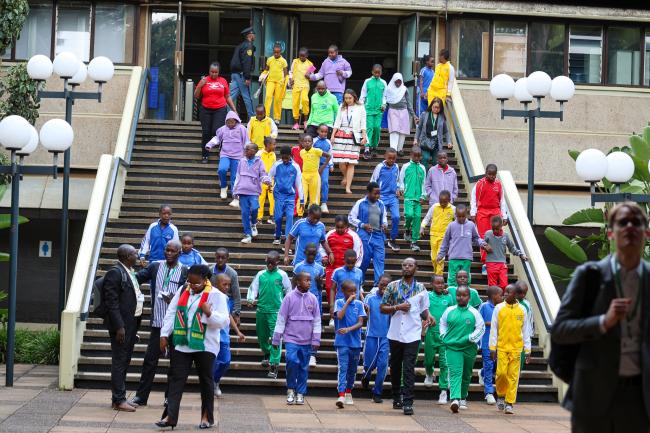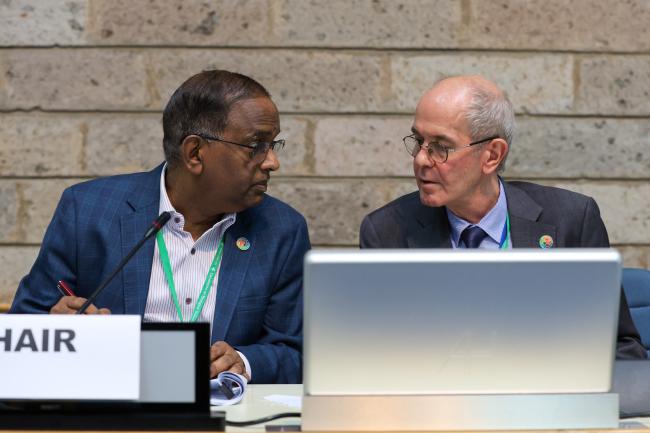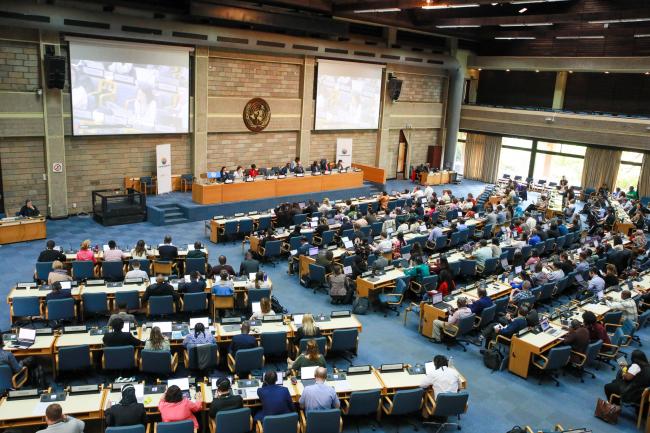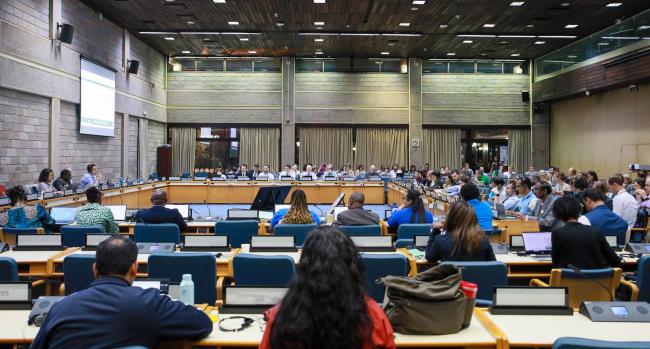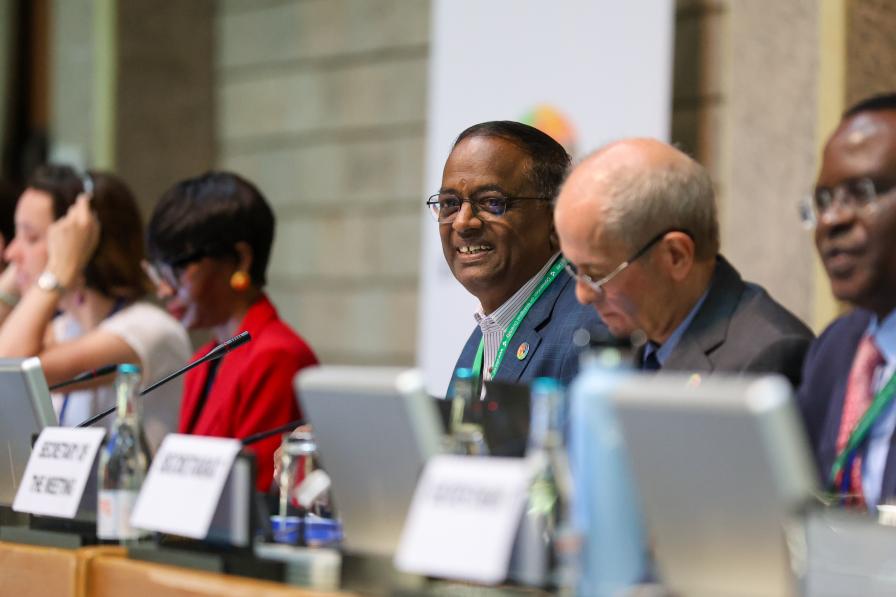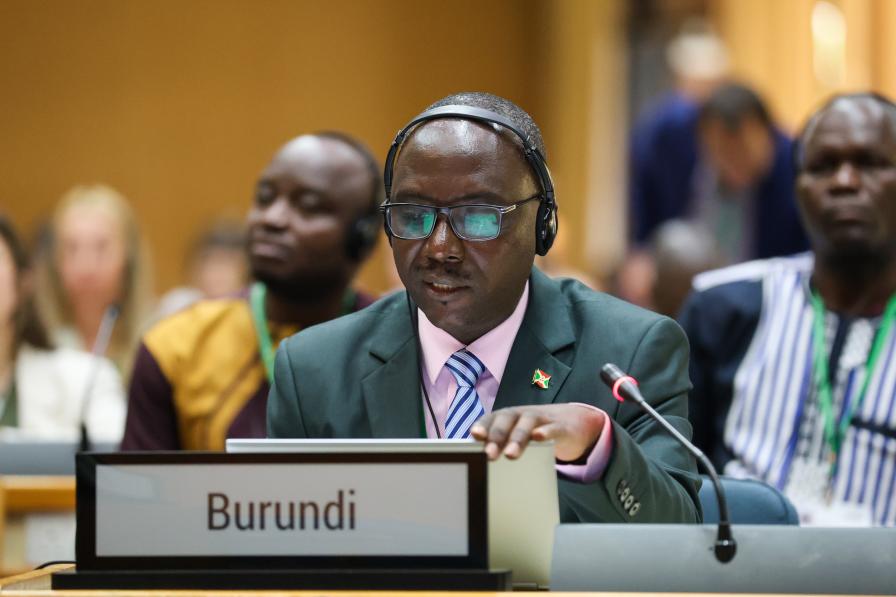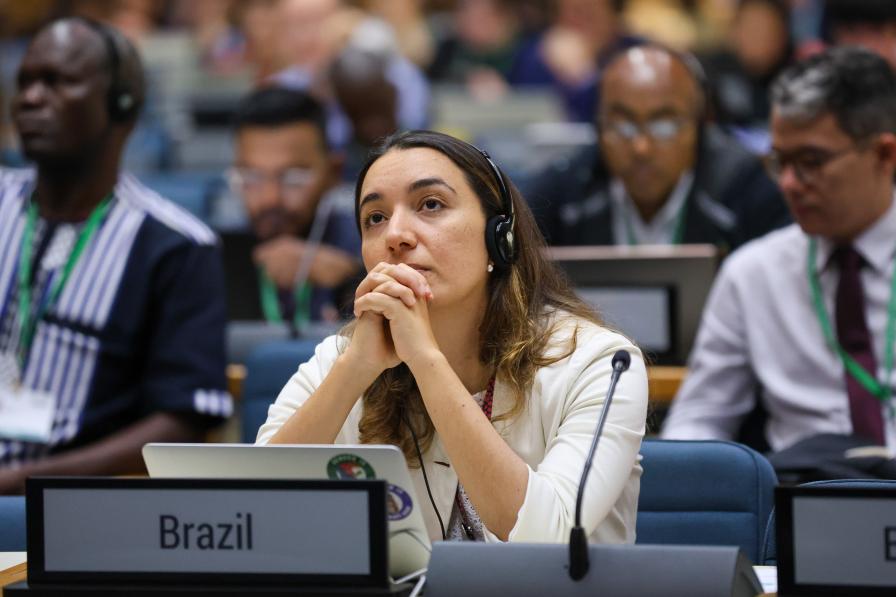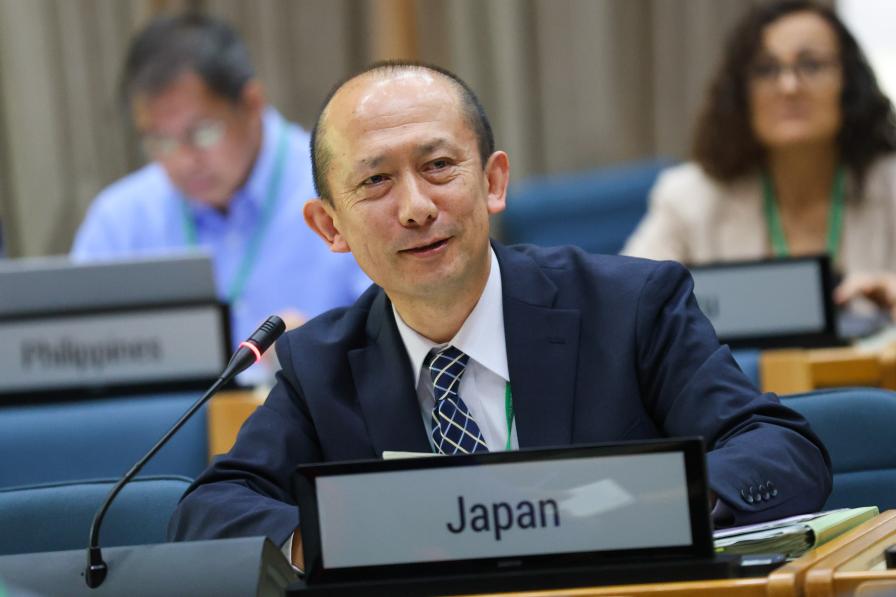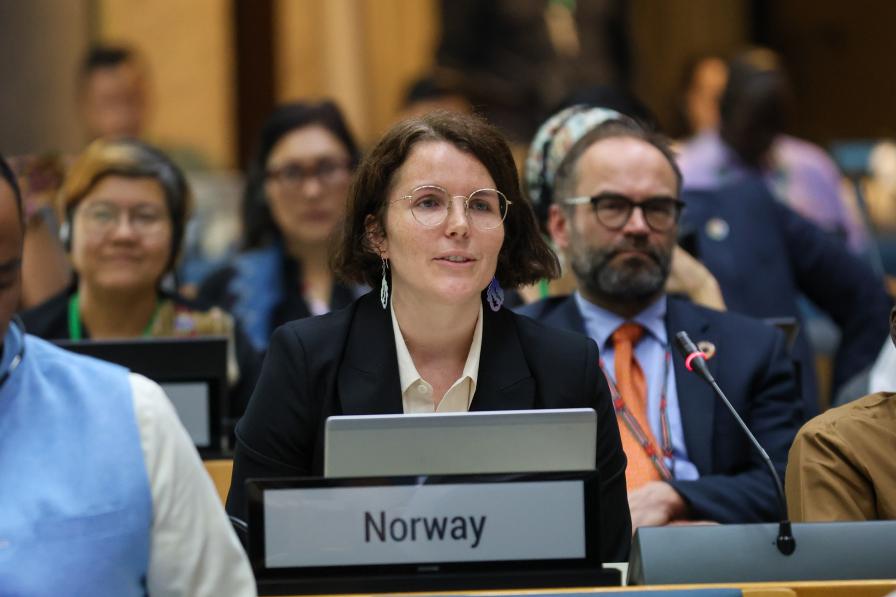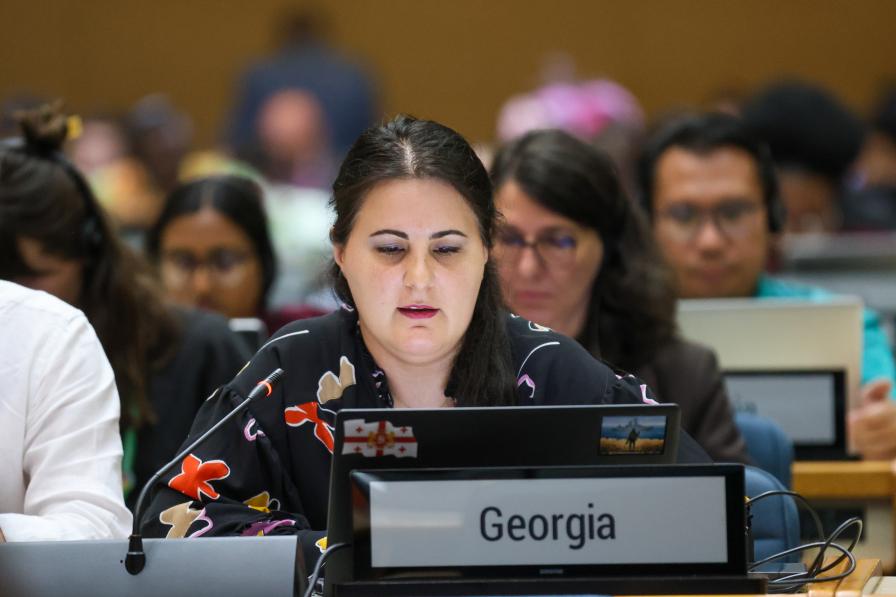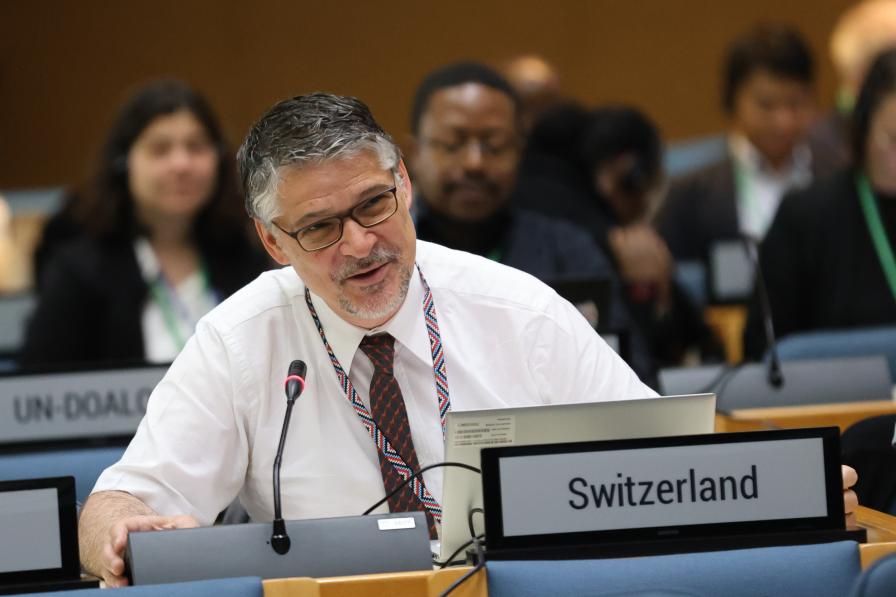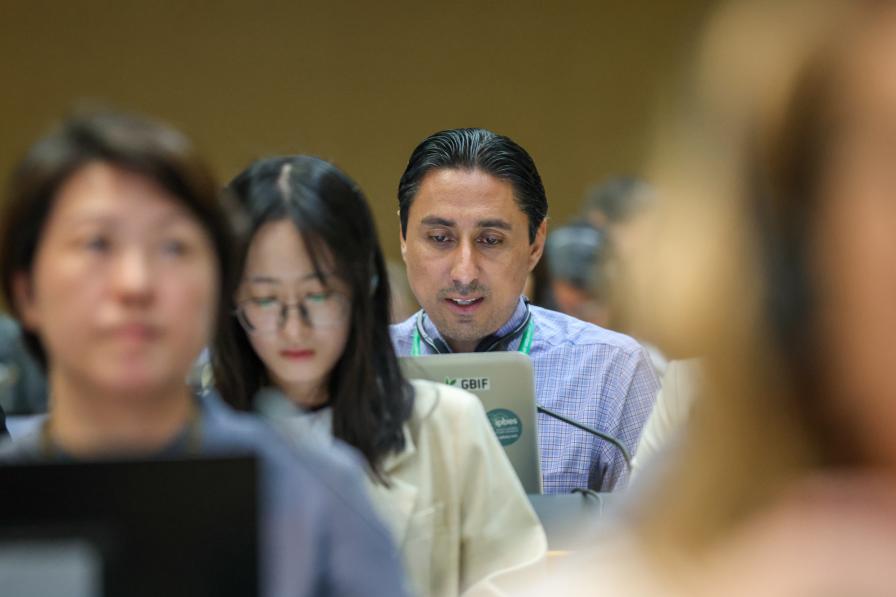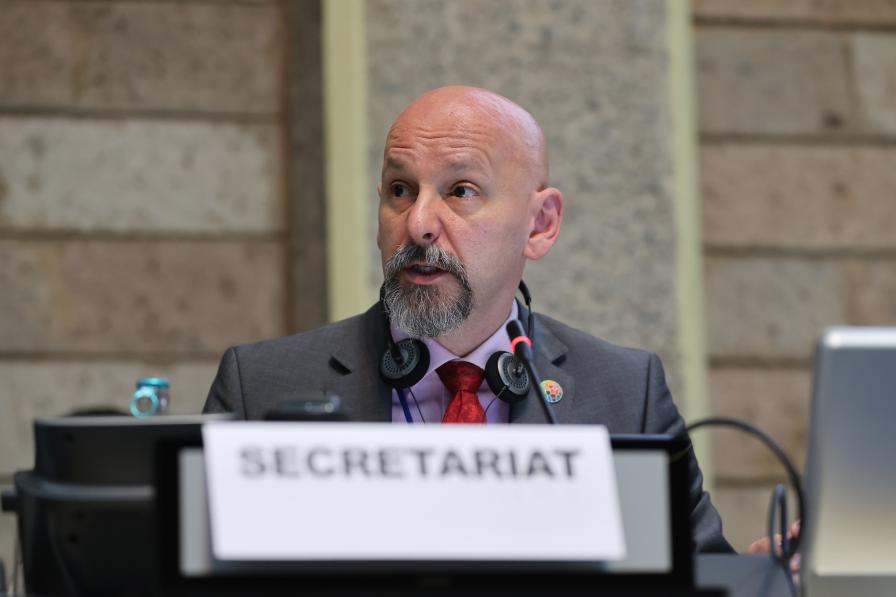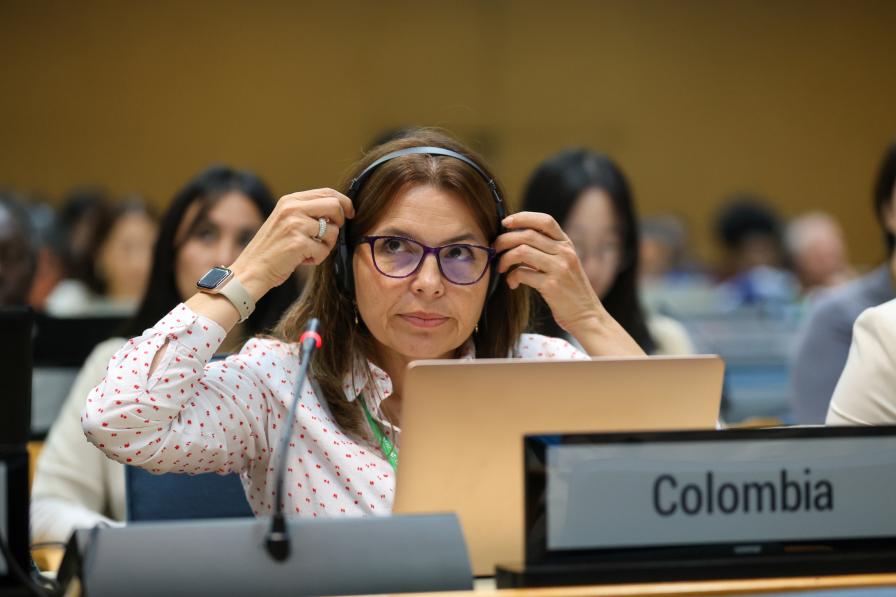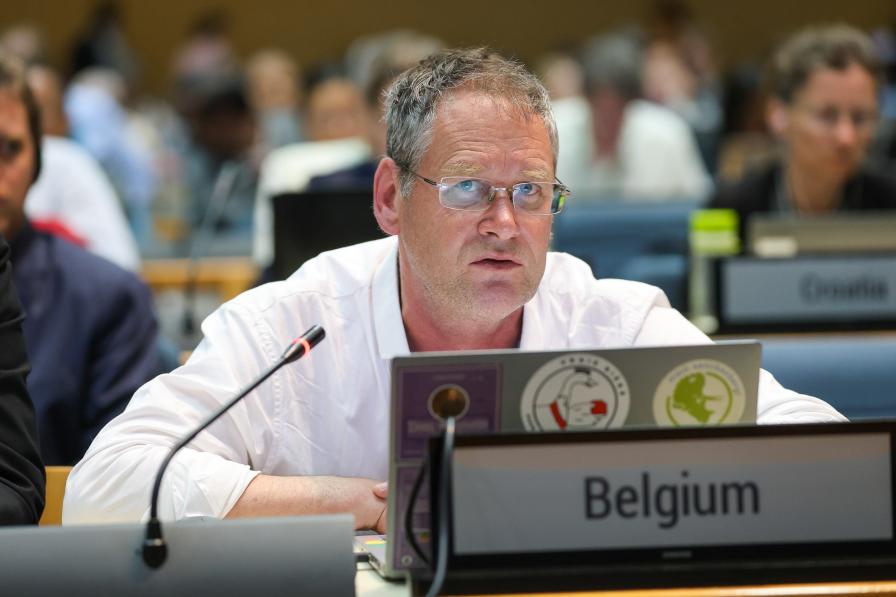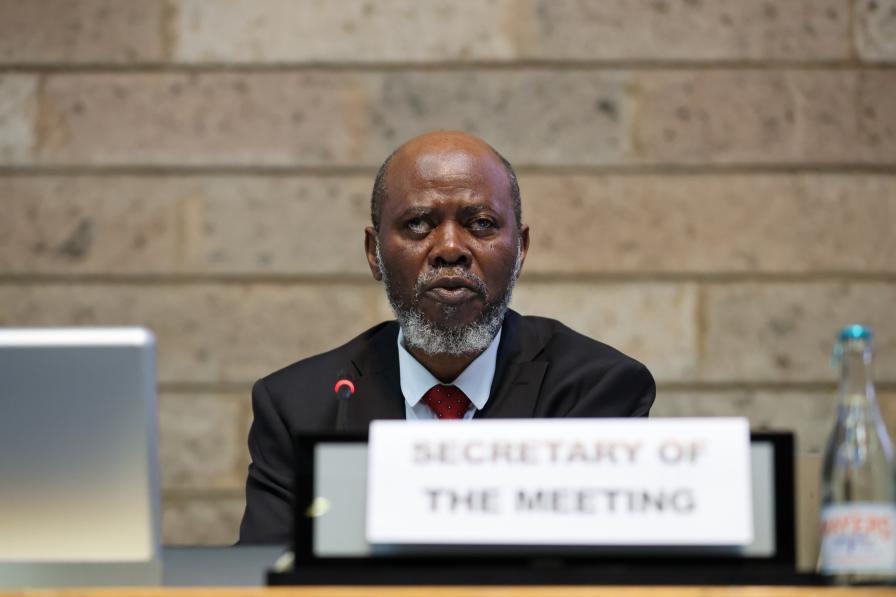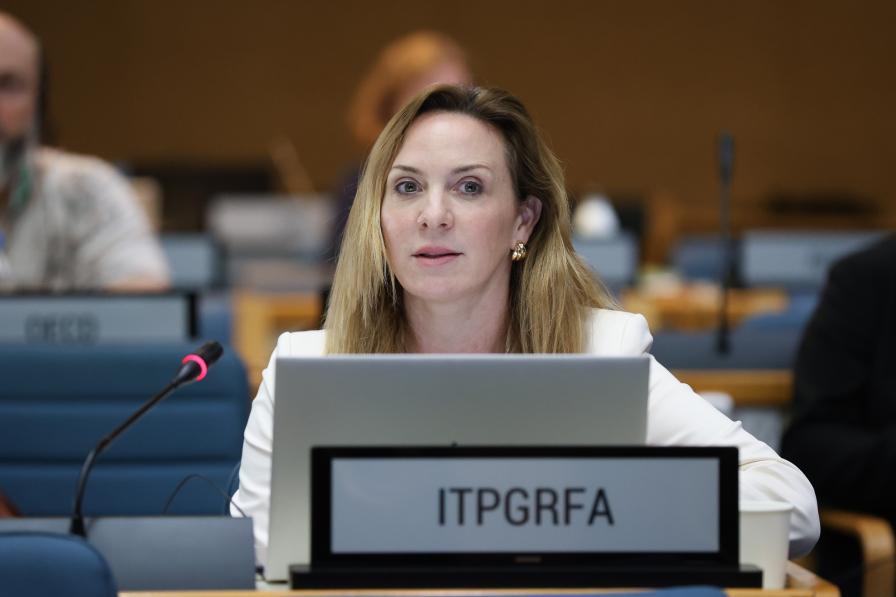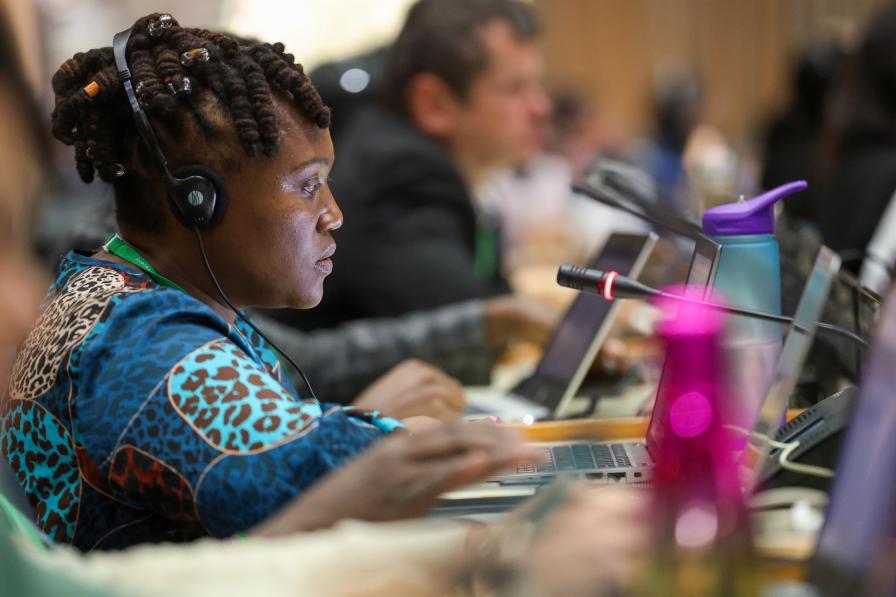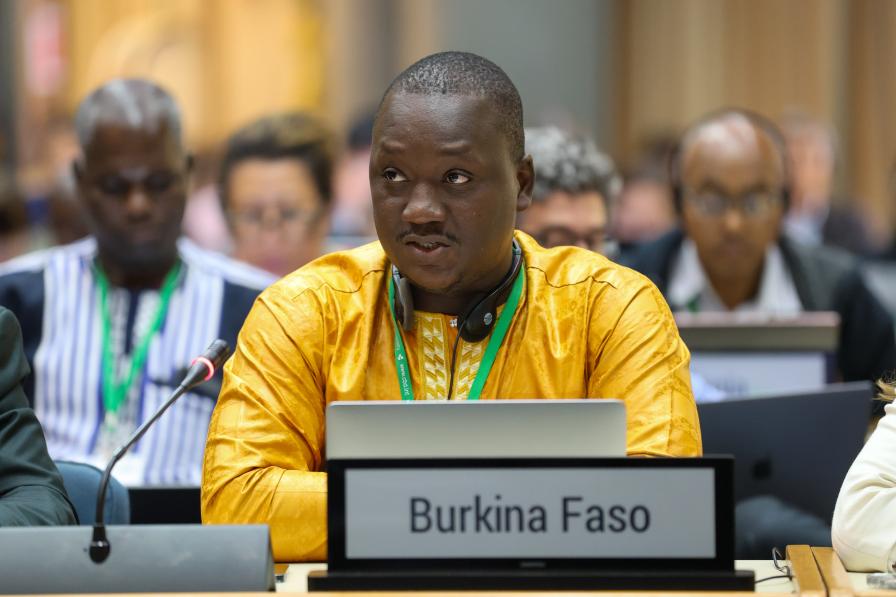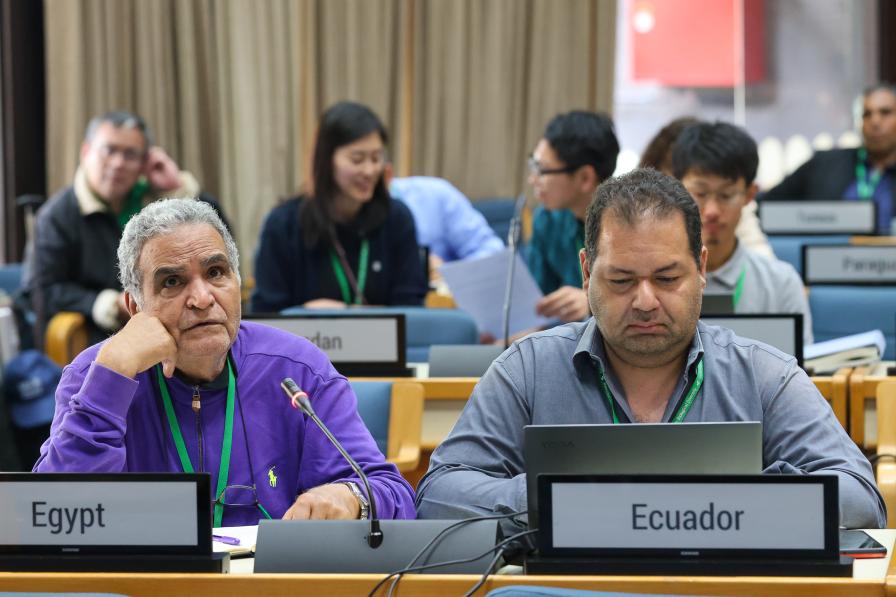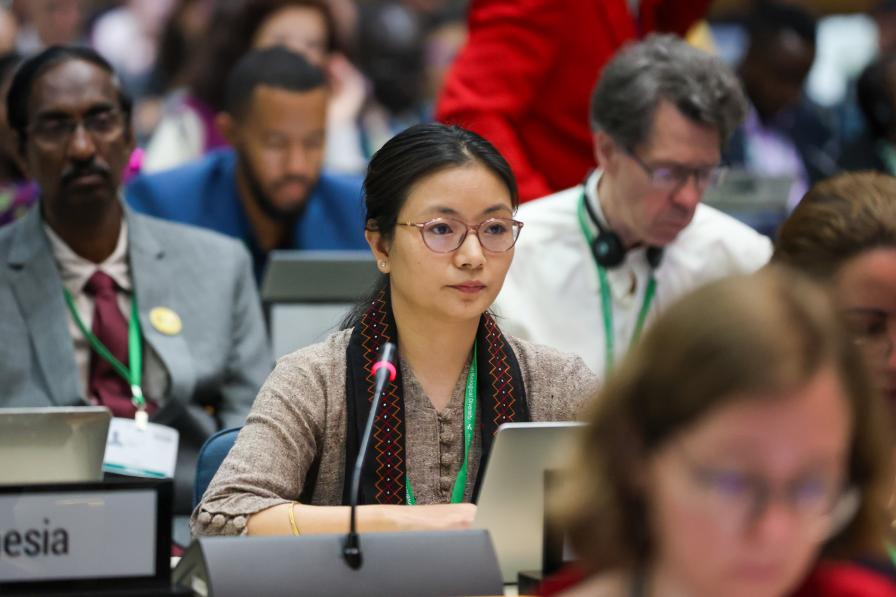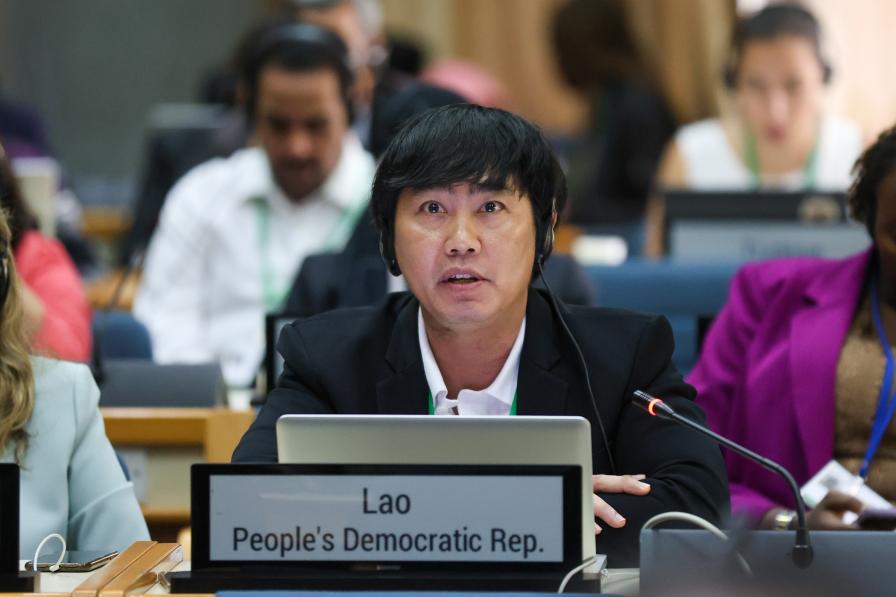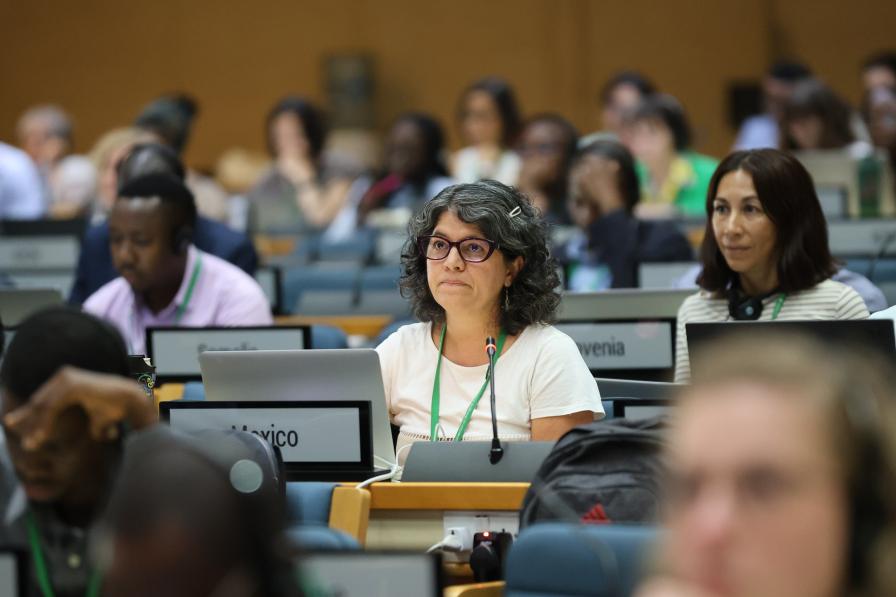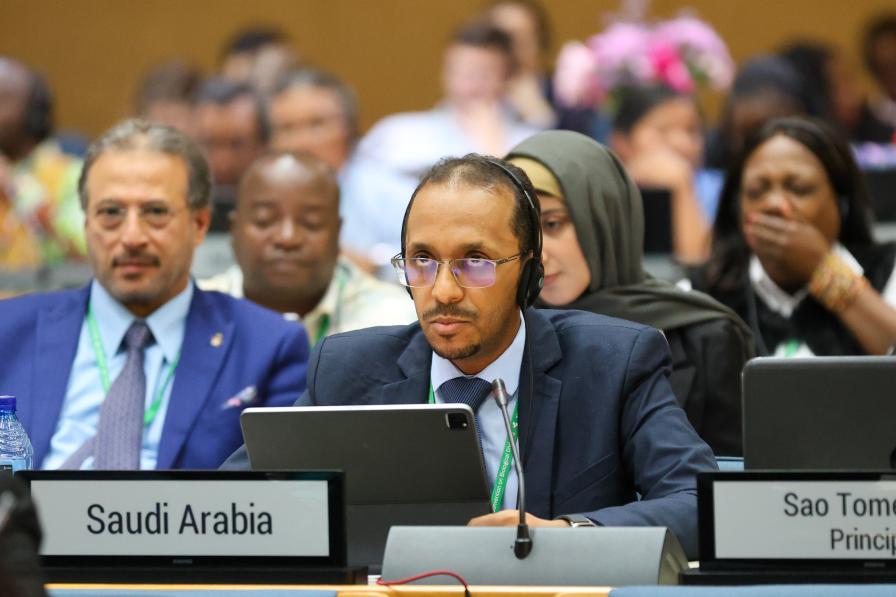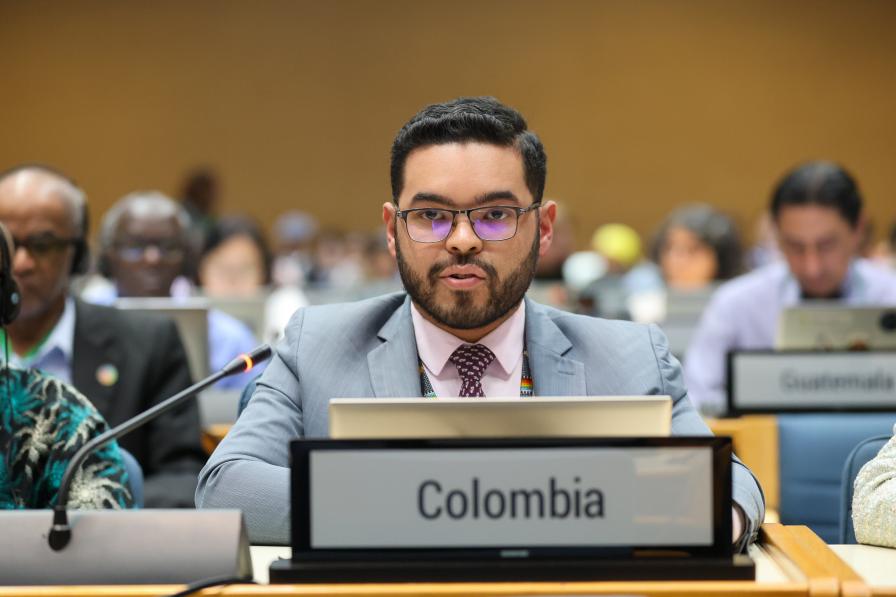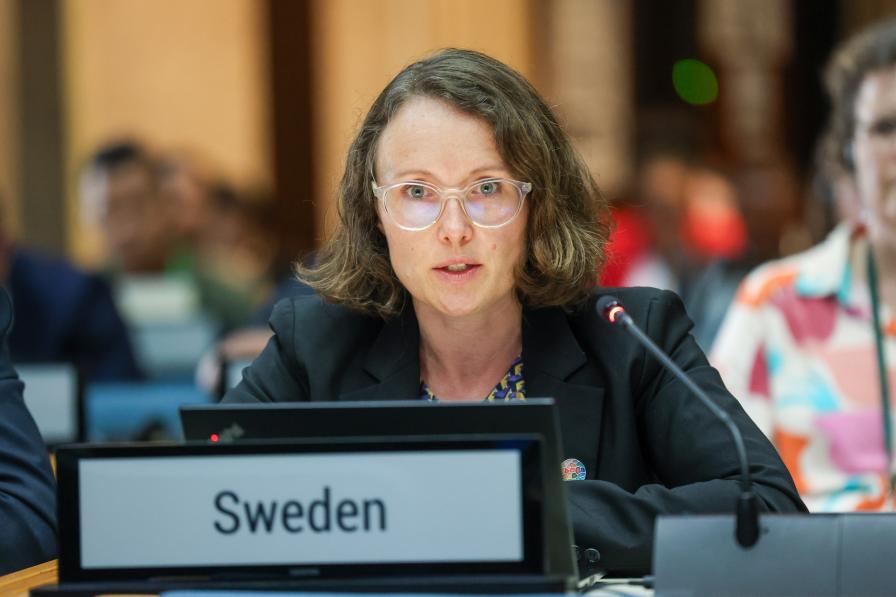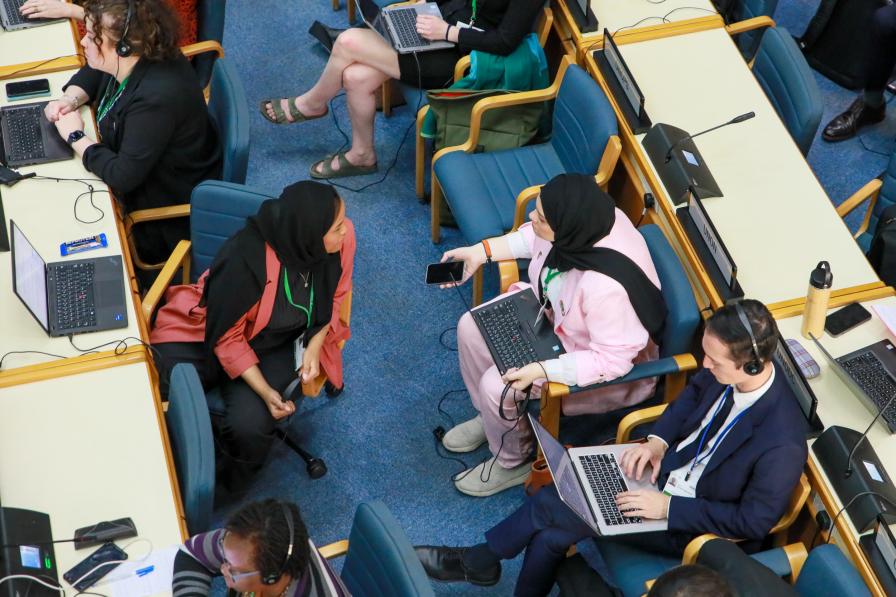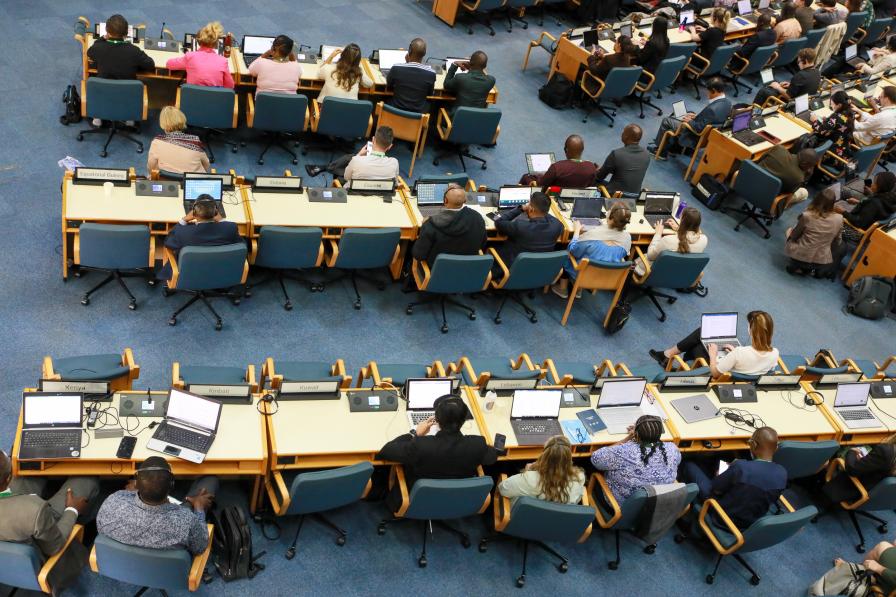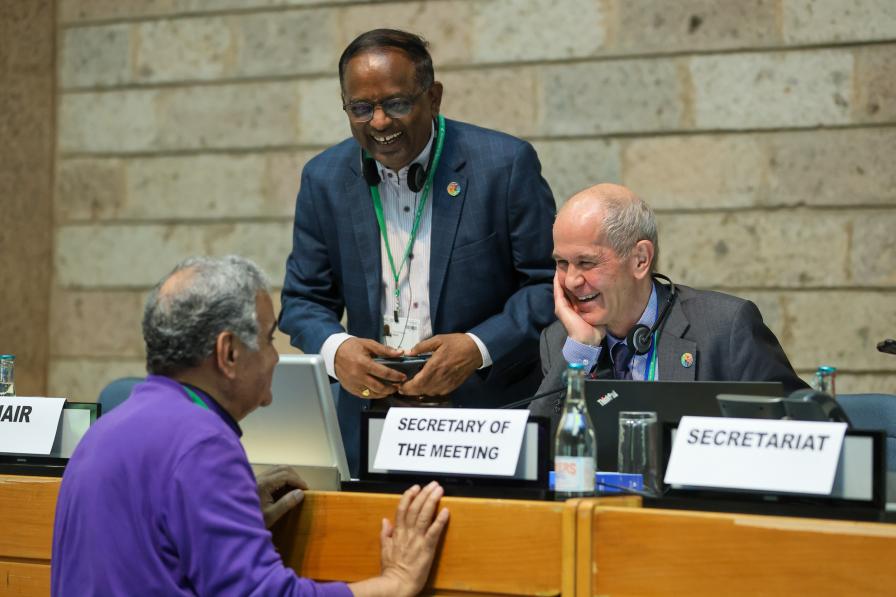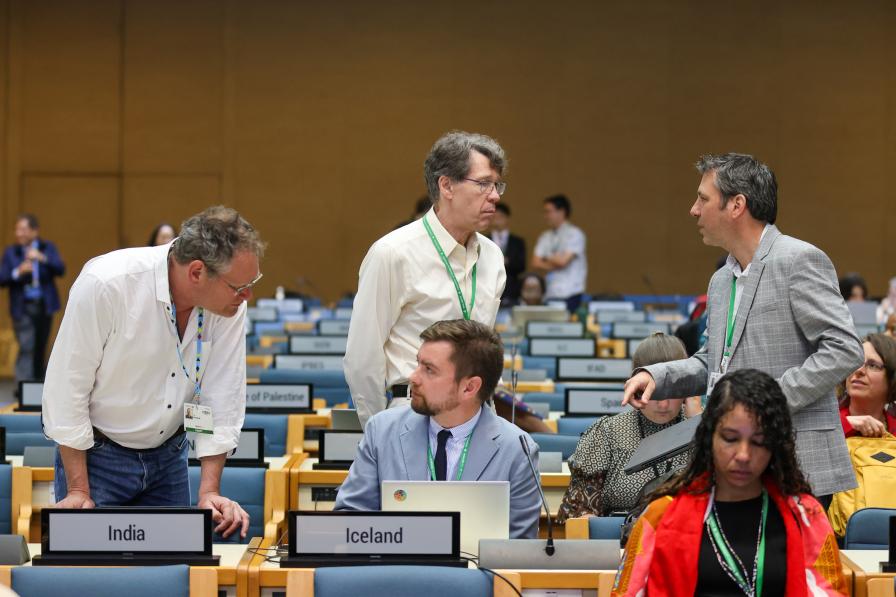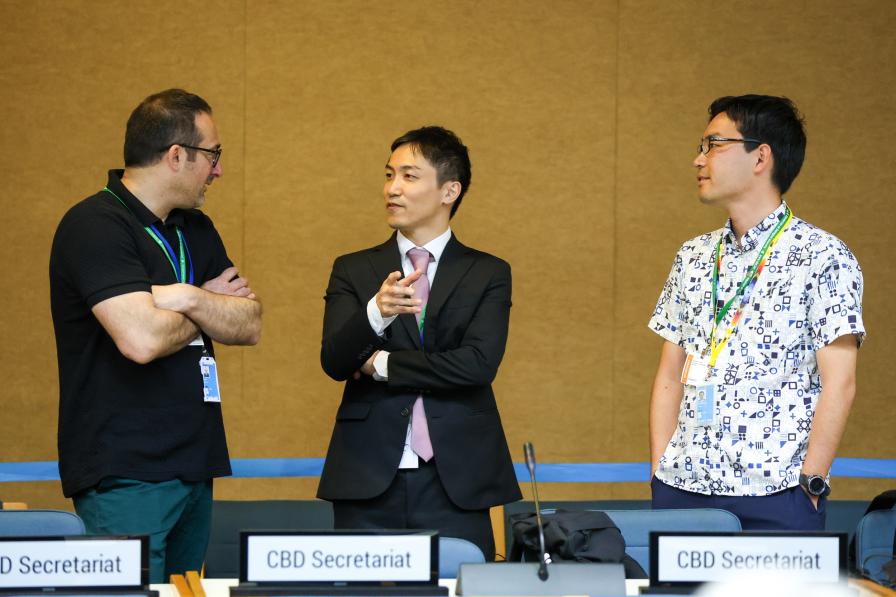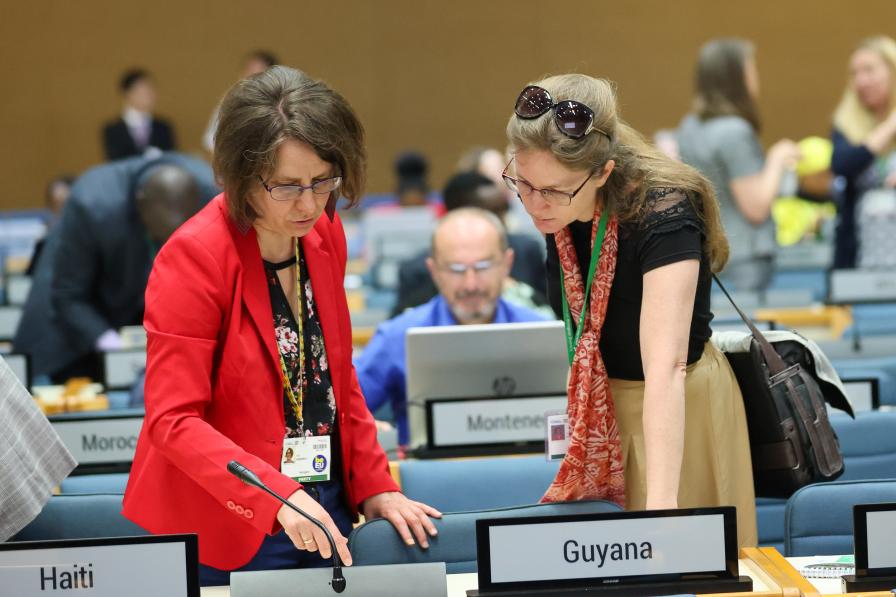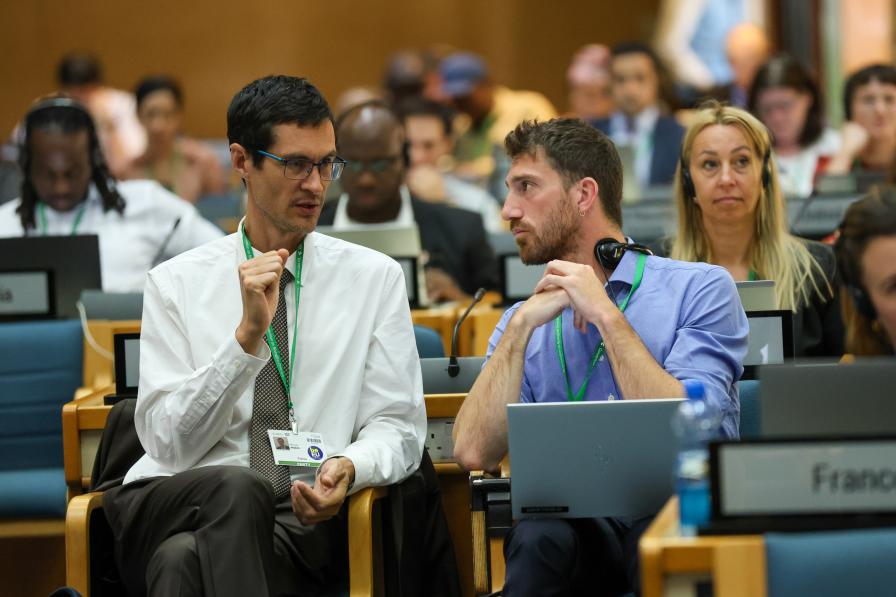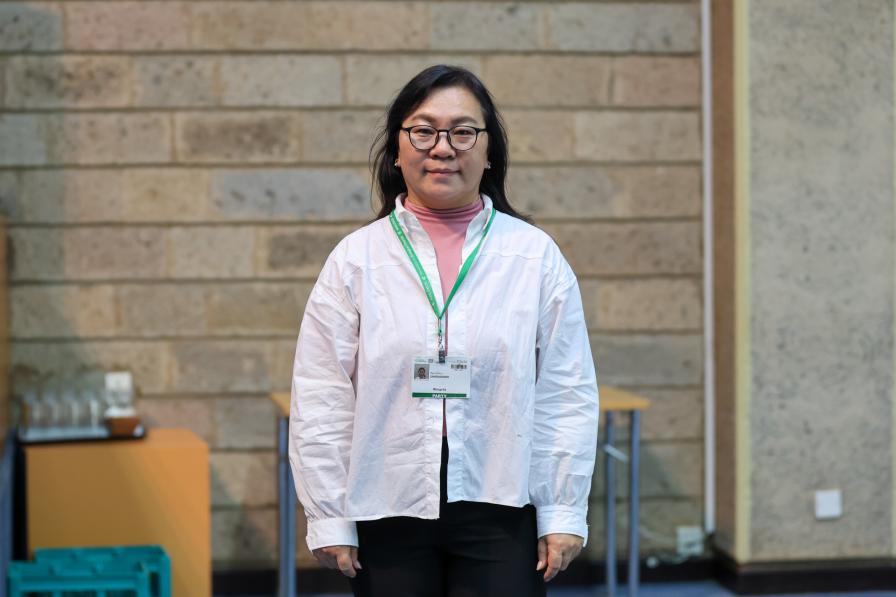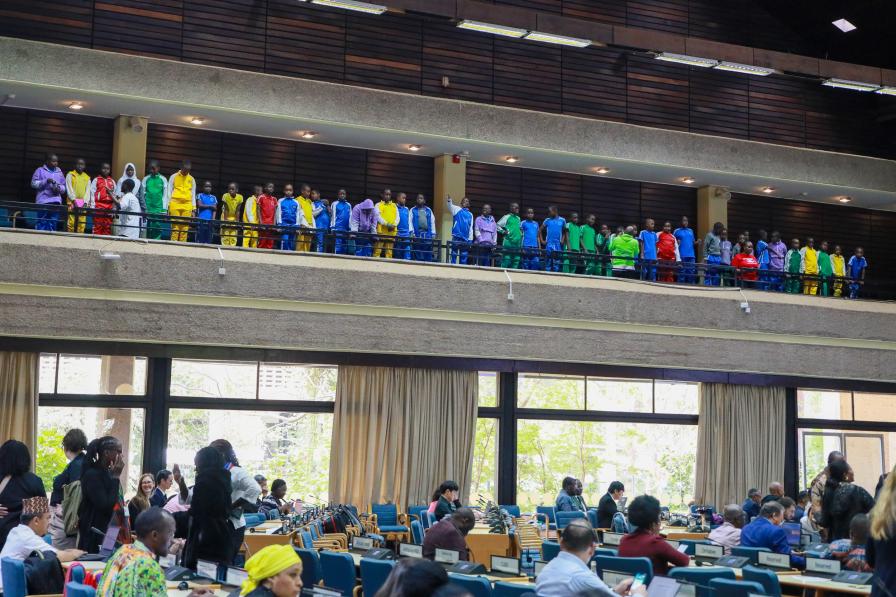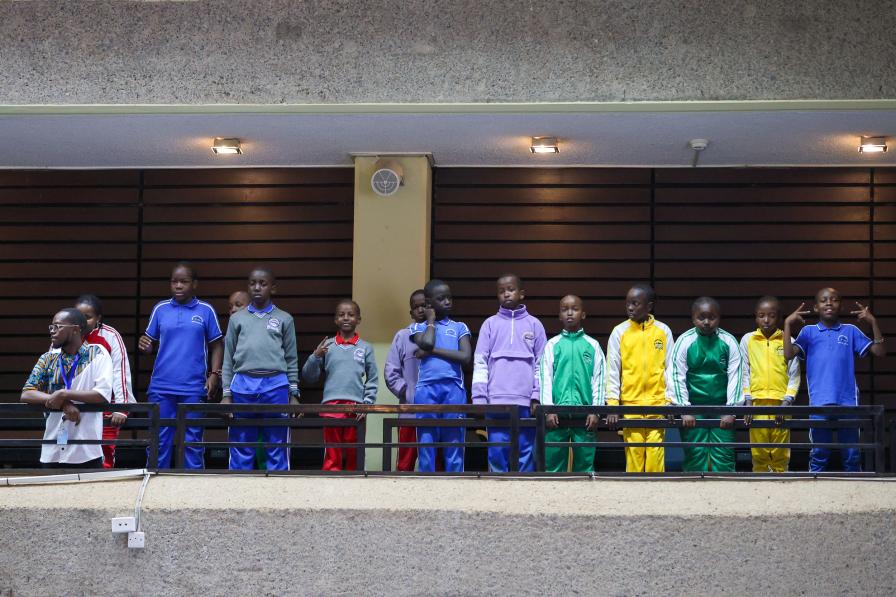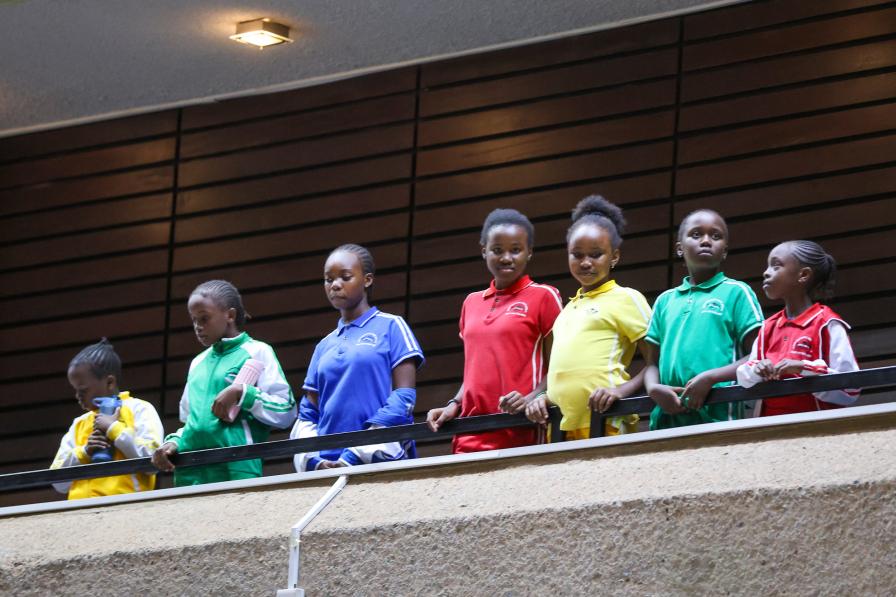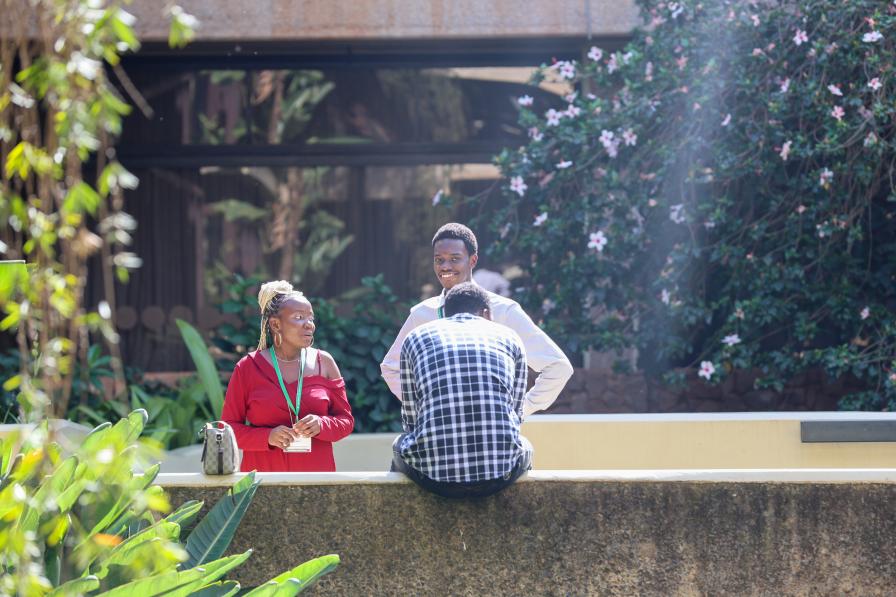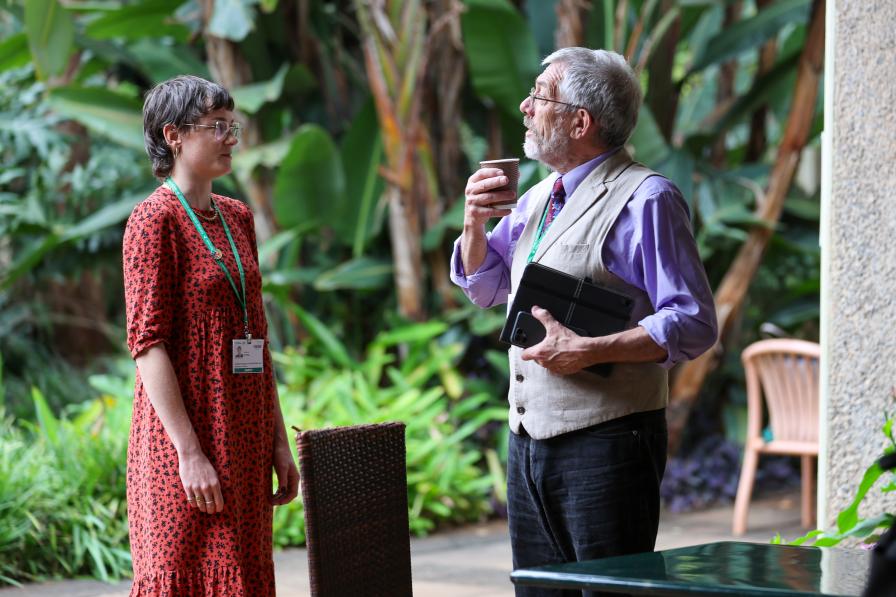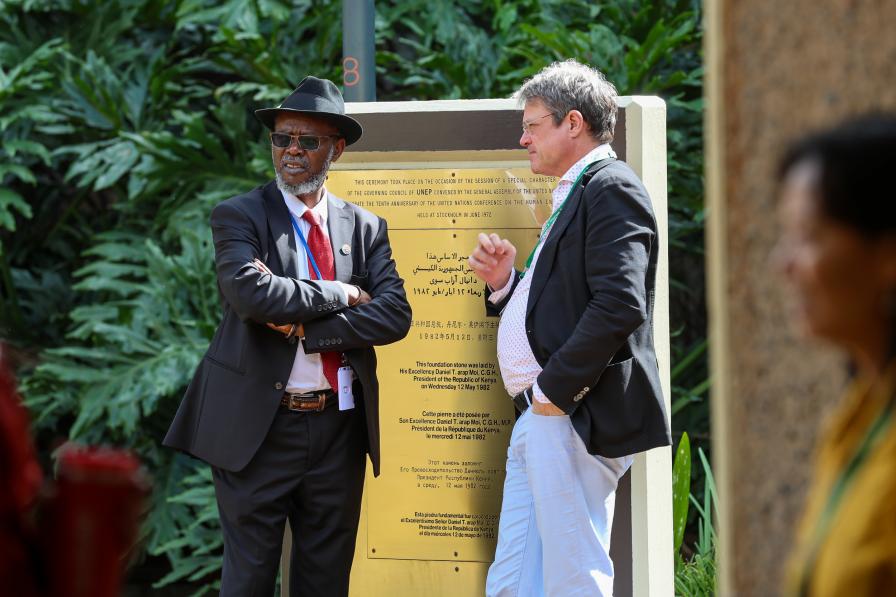Delegates at the fourth meeting of the Subsidiary Body on Implementation (SBI 4) focused their efforts on ensuring that no one is left behind and all parties to the Convention on Biological Diversity (CBD) as well as rights- and stakeholders, can meaningfully contribute to the CBD’s objectives and the effective implementation of the Kunming-Montreal Global Biodiversity Framework (GBF). To achieve this, they devoted the day’s deliberations to issues around capacity building and development for the CBD and its Nagoya Protocol on access and benefit-sharing; technical and scientific cooperation; knowledge management; communication, education, and public awareness (CEPA); and cooperation with other conventions and international organizations.
Want to dig deep into today's talks? Read the full Earth Negotiations Bulletin daily report.
On capacity building and development, technical and scientific cooperation, the clearing-house mechanism, and knowledge management, many delegates welcomed the long-term strategic framework for capacity building, urging its alignment with parties’ priorities. Many further applauded the network of regional and subregional technical and scientific support centers. Disagreements arose on whether the CBD Secretariat should be designated as the global coordination entity, with Chair Chirra Achalender Reddy (India) establishing a contact group to address the issue.
On capacity building for the Nagoya Protocol, many parties welcomed the draft action plan. Delegates and participants called for the full and effective participation of Indigenous Peoples and local communities (IPLCs), women, and youth in a culturally appropriate and gender responsive manner; and called for financial and technical support, including for IPLCs developing biocultural community protocols.
Delegates further highlighted the importance of CEPA for robust GBF implementation, emphasizing the need to align the CEPA process with GBF Goals and Targets. Many supported adopting the updated CEPA programme and urged development of a global plan of action for education on biodiversity, making relevant suggestions. Major Groups and other stakeholders underscored the key role of CEPA and nature-based education, and called for: transdisciplinary education; holistic and lifelong learning; considering informal education; and full and effective participation of IPLCs, women, and youth in the action plan on education.
Many emphasized the importance of cooperation with other conventions and international organizations. A few delegates urged recognizing the independent and autonomous nature of multilateral environmental agreements (MEAs), respecting their individual mandates. Many others urged strengthening cooperation with biodiversity-related and other relevant MEAs and organizations, tabling specific suggestions and highlighting the Bern III conference. Delegates further suggested strengthening coordination between the national focal points of the CBD and other MEAs.
In the evening, the contact group on resource mobilization held its first session, addressing options within the draft recommendations, including on the resource mobilization strategy, for effective GBF implementation.
To receive free coverage of global environmental events delivered to your inbox, subscribe to the ENB Update newsletter.
All ENB photos are free to use with attribution. For CBD SBSTTA 26 and SBI 4, please use: Photo by IISD/ENB Mike Muzurakis.

